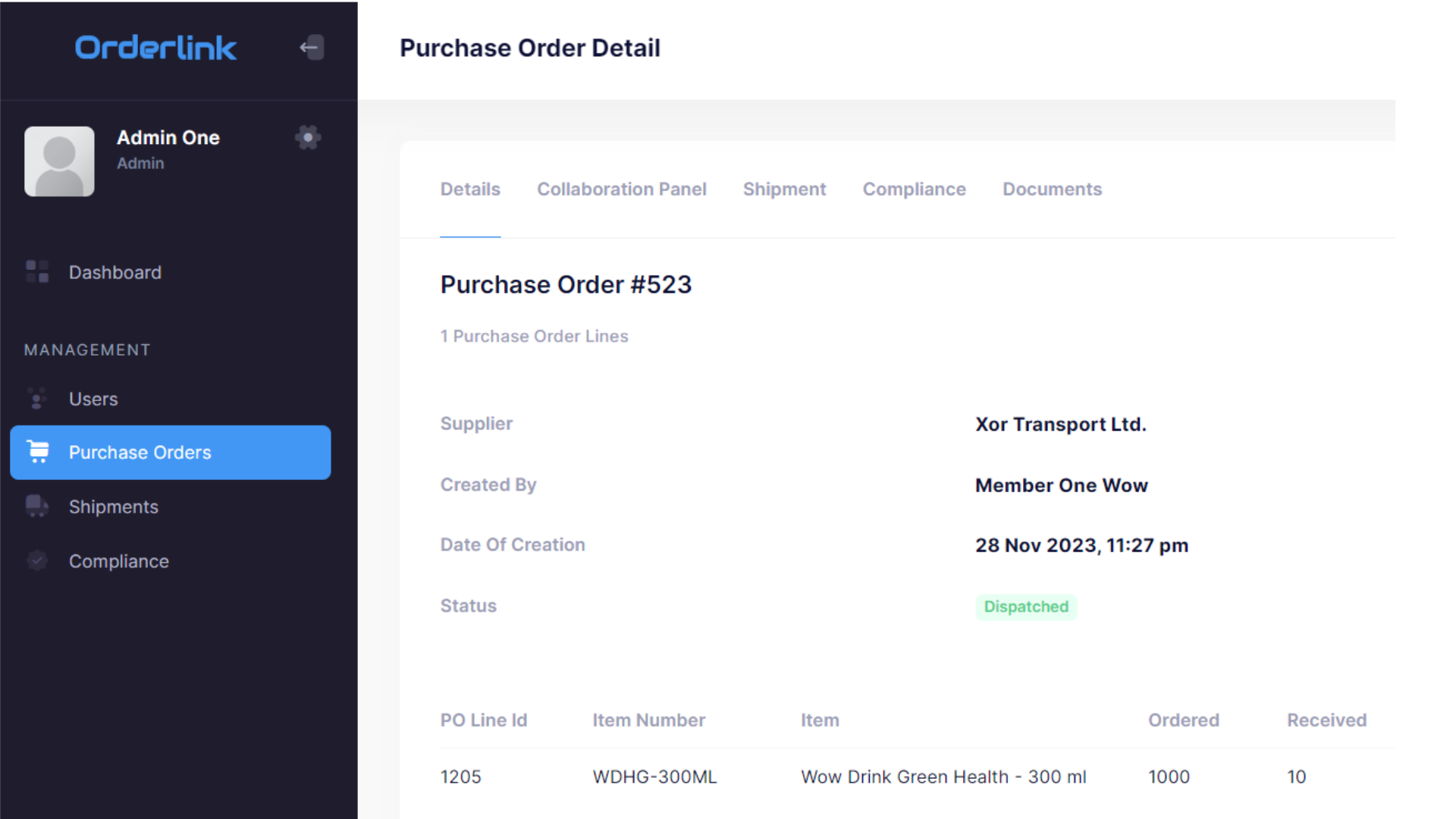In our interconnected world, a vast network of supply chains operates silently, ensuring the seamless delivery of everyday products. From chairs to food, each item undergoes a complex journey through multiple transportation modes before reaching consumers. These often-overlooked supply chains serve as the lifeblood of economies, impacting every aspect of our lives.
The Need for Modernization:
Traditional supply chain practices suffer from limited visibility, relying on manual processes like spreadsheets, phone calls, and faxes. However, as consumer demands and complexities increase, these outdated methods prove insufficient. To meet modern expectations of prompt delivery and efficiency, supply chain networks recognize the urgent need for modernization.
Harnessing the Power of Data and Transparency:
Digital solutions and data platforms have empowered the supply chain industry to embrace transparency and accountability. By integrating global logistics and data networks, companies can optimize their supply chains. Leveraging sophisticated data-driven approaches, supply chains can address exceptions more efficiently and adapt to the rapidly evolving global network.
Embracing Modern Technologies:
Freight APIs, such as Orderlink, play a vital role in driving supply chain modernization. These APIs establish a unified language, enabling seamless communication between stakeholders involved in freight movement. By consolidating data from thousands of sources, including carriers and ports, Orderlink enables real-time tracking and timely information for customers. Improved communication and transparency enhance accountability, resulting in time and cost savings.
The Future of Supply Chains:
Orderlink facilitates seamless integration with carriers, leveraging its extensive network of partners. This integration streamlines processes, automates tasks, and enables employees to focus on value-added services. Proactive participation by carriers in the network enhances customer support and operational efficiency, benefitting both shippers and carriers alike.
Looking ahead, supply chains will face increasing complexity. Leveraging tools like Orderlink, powered by AI and machine learning, businesses can optimize operations, support partners, and promote sustainability.

 Post
Post





